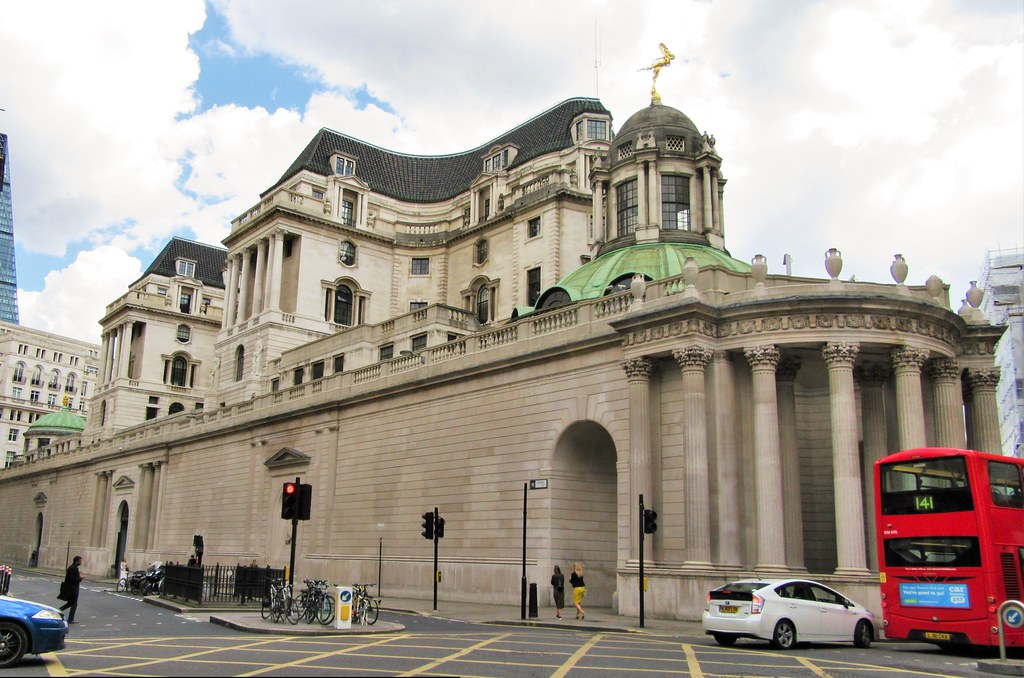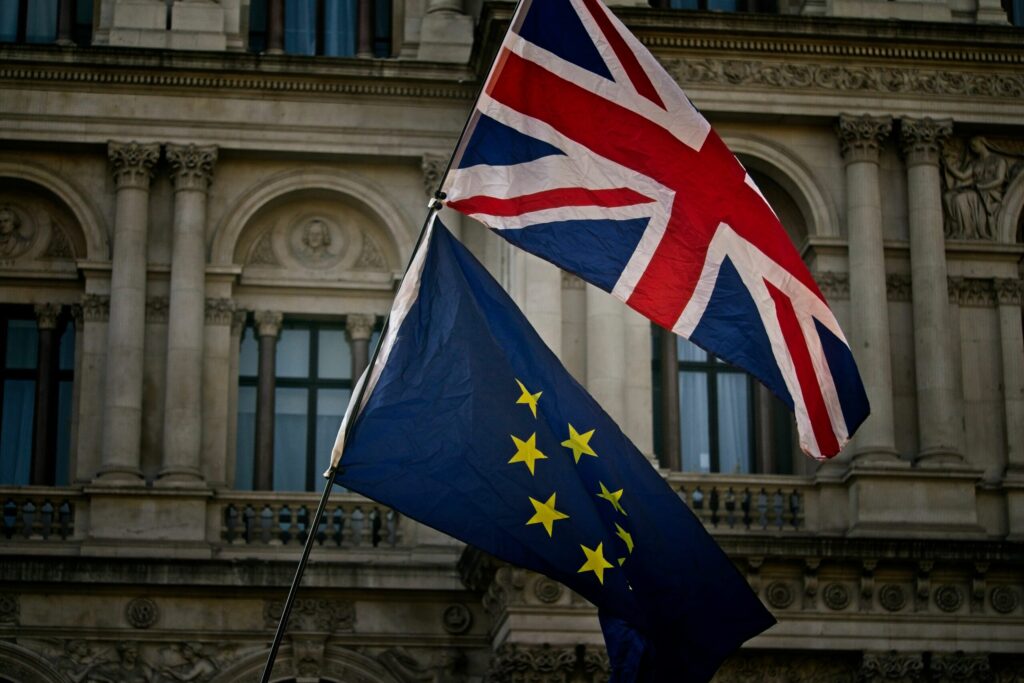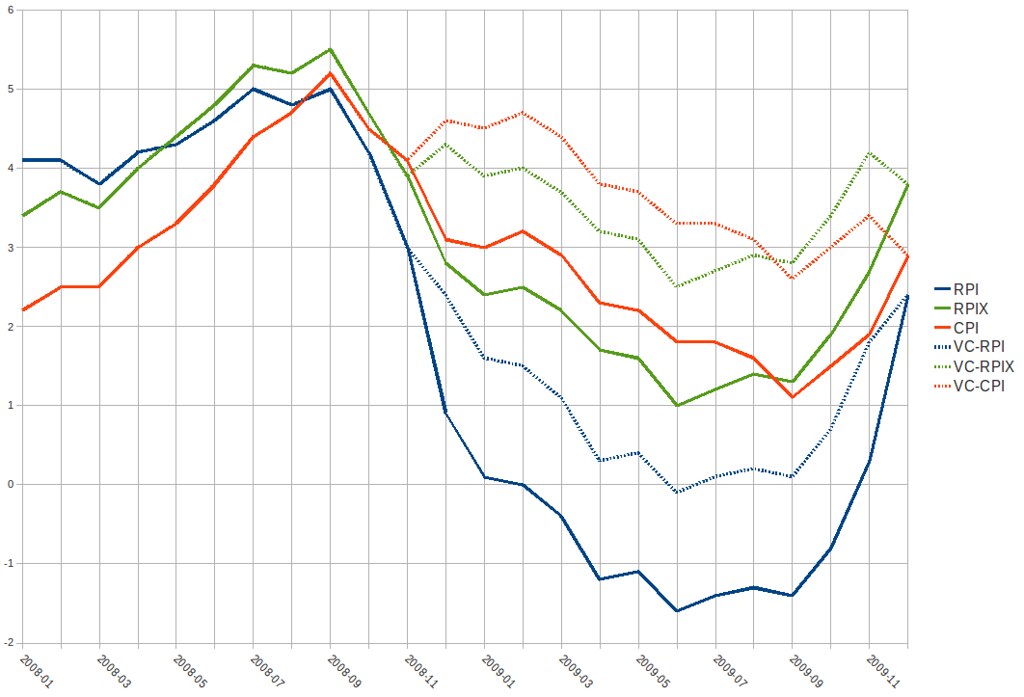Surprise Acceleration: UK Inflation Hits 10.4%, Prompting Speculation on Interest Rate Hike by the Bank of England
In an unexpected turn, the Consumer Prices Index (CPI) in the UK surged by 10.4% in the 12 months leading up to February 2023, as reported by the Office for National Statistics (ONS), surpassing the 10.1% mark recorded in January. This spike in prices comes despite efforts by the central bank to curb the burgeoning cost-of-living crisis.
The significant rise has bolstered the case for another UK Interest Rates hike by the Bank of England, anticipated to take place on Thursday, even amidst global financial turmoil within the commercial banking sector. While projections hinted at a potential slowdown in UK inflation, prices experienced an upswing in the food and drinks sector, partially offset by declining motor fuel costs.

Grant Fitzner, Chief Economist at ONS, highlighted, “Inflation ticked up in February, mainly driven by rising alcohol prices in pubs and restaurants following discounting in January.” He pointed out that food and non-alcoholic drink prices reached their highest rate in over 45 years, with specific items like salads and vegetables seeing substantial increases due to high energy costs and adverse weather conditions in parts of Europe, leading to shortages and rationing.
The Bank of England faces a delicate balance between increasing borrowing costs to combat inflation and treading cautiously amidst the ongoing repercussions of the collapse of two regional US banks and the UBS acquisition of troubled Swiss giant Credit Suisse.
This recent data follows the UK government’s forecast last week, predicting a significant slowdown in inflation to 2.9% by year-end, providing optimism for the nation to avoid a UK Recession. Finance Minister Jeremy Hunt also introduced extensive £94-billion ($114-billion) cost-of-living measures for this year and the next, emphasizing the need to adhere to plans to halve inflation this year.

The global surge in inflation, primarily ignited by Russia’s invasion of Ukraine, impacting energy and food prices, reached historic levels last year. The Bank of England, tasked with maintaining inflation close to two percent, will announce its latest monetary policy decision on Thursday, addressing the pressing economic scenario.
Bank of England Raises Interest Rates to 4.25% – Highest Level in Over a Decade
In a determined effort to combat surging inflation amidst ongoing banking sector turmoil, the Monetary Policy Committee of the Bank of England voted at a routine meeting to increase the key UK Interest Rates by 25 basis points, elevating it to 4.25 percent. This marks the eleventh consecutive interest rate hike and pushes it to its highest level since late 2008.

The move underscores the Bank of England’s commitment to managing escalating inflationary pressures on the UK Economy Recession after Brexit, despite the challenges posed by the current state of the banking sector. The decision was made in the wake of a regular meeting by the Monetary Policy Committee.

Bank of England Holds Key Interest Rates Amidst Global Inflation Surge
In a strategic move amidst soaring global inflation, the Bank of England (BoE) chose to maintain the highest borrowing costs in over 15 years, marking a halt after 14 successive interest rate hikes. The decision to maintain the rates at 5.25 percent followed a recent unexpected deceleration in UK Inflation, mirroring the US Federal Reserve’s decision to press pause just a day earlier.

The BoE emphasized that a further tightening of monetary policy would be necessary if persistent inflationary pressures were evident. This choice not to raise borrowing costs, the first since December 2021, was a closely contested decision, with five of the nine policymakers, including Governor Andrew Bailey, advocating for a freeze.
UK’s Consumer Prices Index showed a slight ease to 6.7 percent last month from 6.8 percent in July, contrary to predictions of a surge to 7.1 percent due to higher energy prices. The BoE had initiated interest rate hikes from a historic low of 0.1 percent in late 2021, responding to the gradual rise in inflation as economies recovered from pandemic-induced lockdowns.
The subsequent rounds of tightening were prompted by a surge in global inflation after Russia’s invasion of Ukraine, significantly impacting energy and food prices.
FAQ(s) about Bank of England Base Rate Next Review
Q1. Who owns the Bank of England?
Operates as a public entity, accountable to the people of the UK through Parliament. Initially established over three centuries ago as a privately owned bank with shareholders, we underwent a significant transformation in 1946. The government nationalized by recognizing its critical role in the UK’s economy.
Q2. What are the current UK Interest Rates?
In an unexpected twist, the Bank of England opted to maintain the current UK interest rates, citing a more rapid deceleration in price increases than initially anticipated. The interest rates were retained at 5.25%, a level already at its peak for the last 15 years. This decision followed the recent release of data on Wednesday, indicating an unforeseen slowdown in inflation for the month of August.
Q3. What is current UK Inflation rate 2023?
According to the most recent report by the Office for National Statistics (ONS), the Consumer Prices Index (CPI) inflation measure stood at 6.7% for the year ending in August 2023. This figure reflects a slight decrease from the 6.8% recorded in the preceding month.
Q4. Is UK Recession nearby?
The UK managed to sidestep a recession by the conclusion of 2022, surpassing initial predictions due to a stronger economic performance. This growth trend persisted through the initial two quarters of 2023, with official statistics indicating a 0.2% increase in the economy between April and June. However, as the year progresses, the UK economy appears to be heading towards a challenging close in 2023, carrying an increasing risk of an impending recession.
Q5. Is UK Economy Recession coming soon?
The UK economy faces an escalating risk of recession, as industry data reveals a significant monthly decline in private sector activity. This downturn is the most severe since the financial crisis, excluding the impact of the Covid pandemic.

